Cancer remains one of the leading causes of death worldwide, and early detection is crucial for improving survival rates. Conventional biopsy methods, while effective, are invasive and often challenging. Liquid biopsies have emerged as a revolutionary alternative, offering a non-invasive, rapid, and highly sensitive means of detecting cancer at its earliest stages.
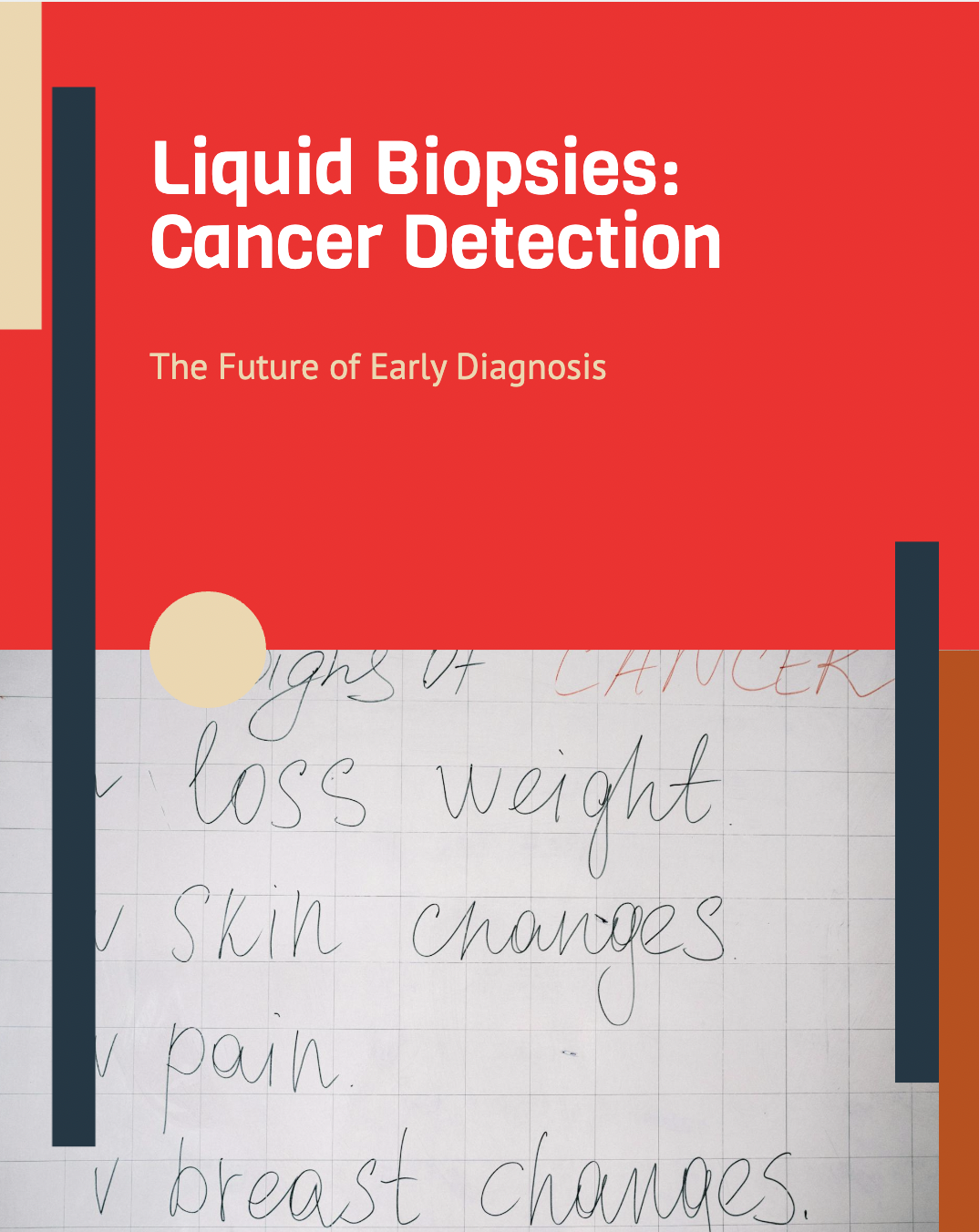
A liquid biopsy is a test performed on a blood sample to detect cancer-related biomarkers, such as:
By analyzing these components, liquid biopsies provide valuable insights into the presence, type, and progression of cancer.
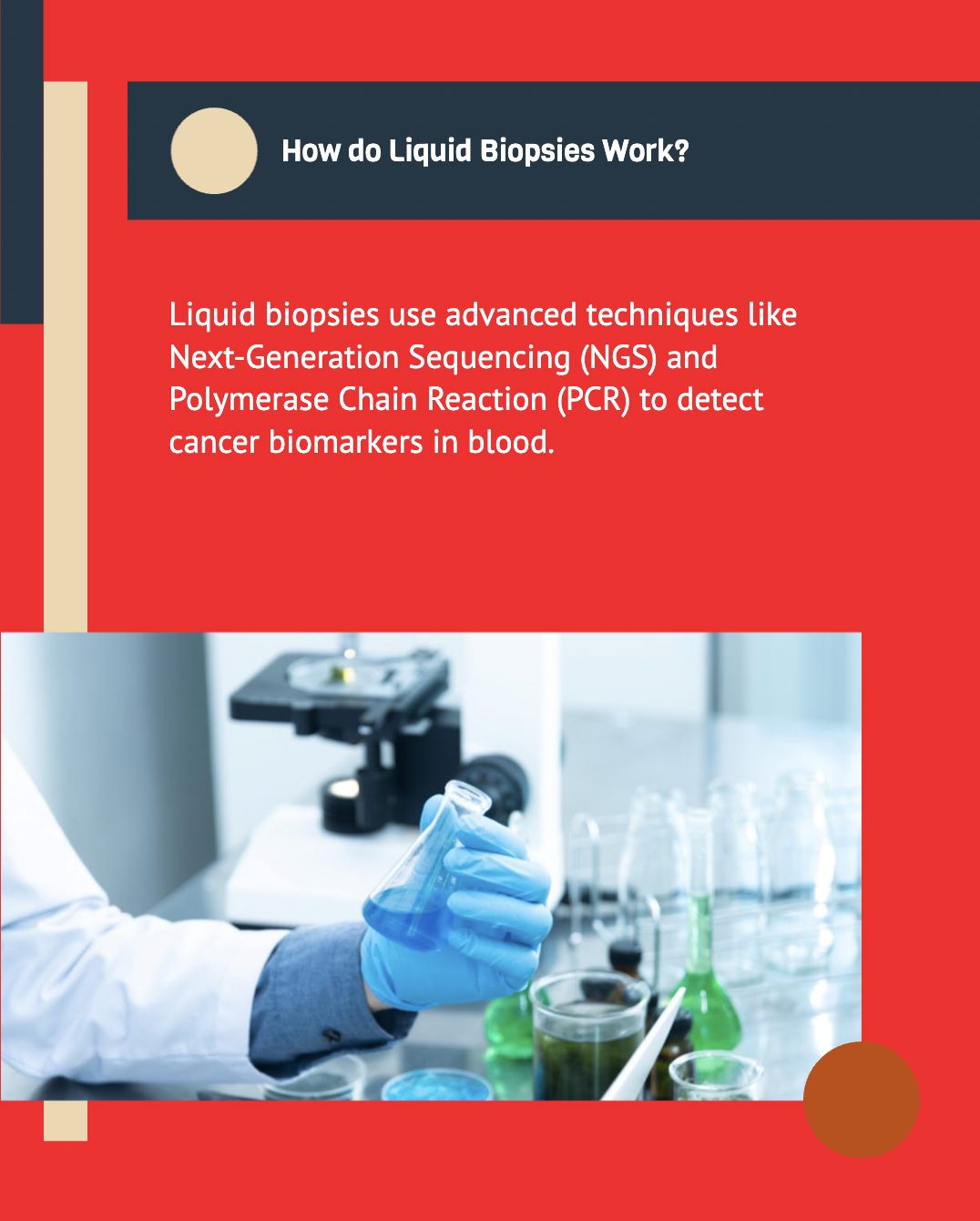
Liquid biopsy tests use advanced molecular and genomic techniques, including:
These technologies allow for the precise detection of cancer-related genetic and epigenetic changes in real time.
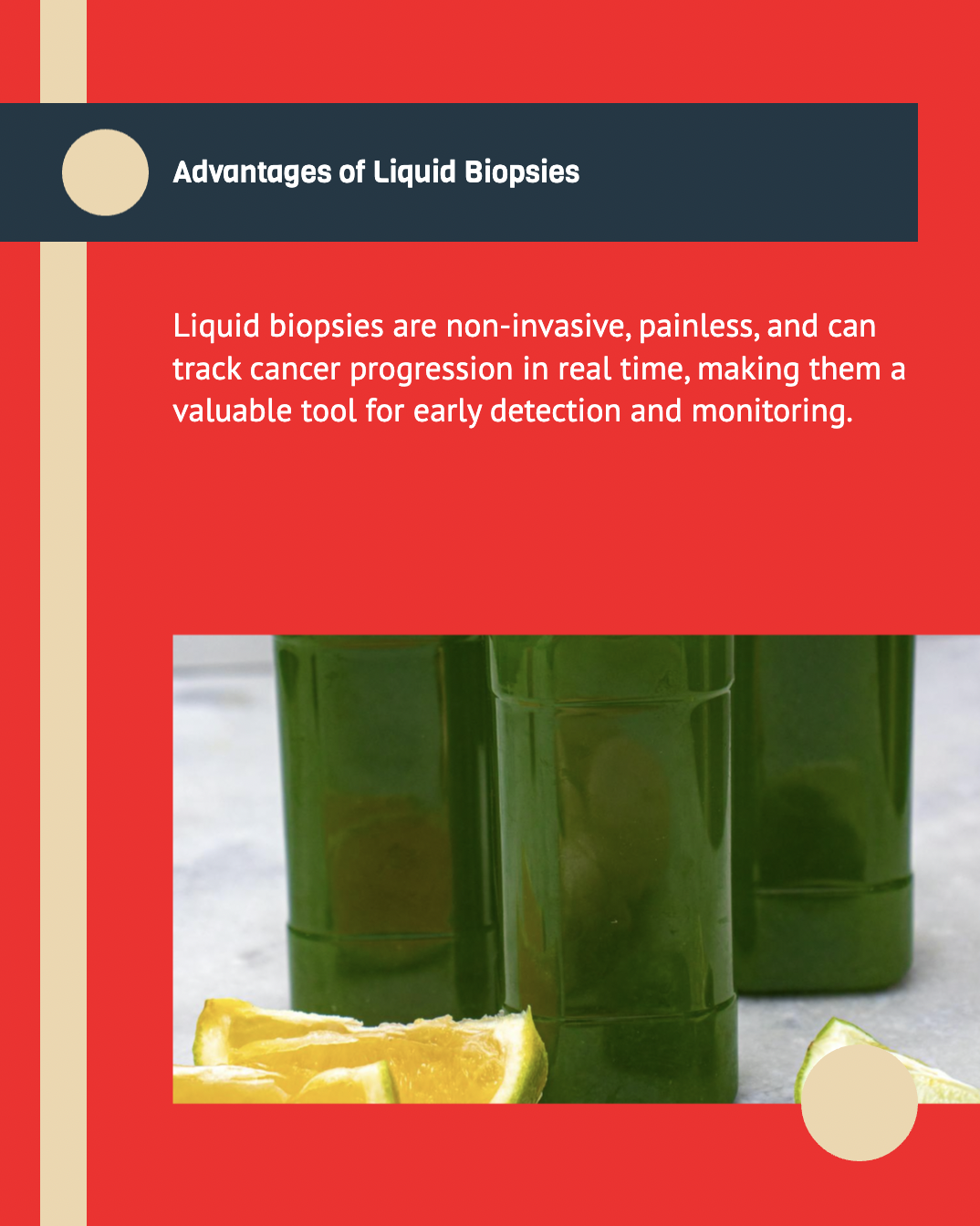
1. Non-Invasive and Painless
Unlike traditional tissue biopsies that require surgery or needle extractions, liquid biopsies only need a small blood sample, making them more comfortable and less risky for patients.
2. Real-Time Monitoring of Cancer Progression
Liquid biopsies can be performed repeatedly over time, allowing doctors to track tumor evolution and monitor treatment response without multiple invasive procedures.
3. Early Detection and Screening
Liquid biopsies can detect cancer biomarkers before symptoms appear, significantly improving early diagnosis and survival rates.
4. Comprehensive Genetic Insights
By analyzing ctDNA and CTCs, liquid biopsies offer a more complete picture of tumor heterogeneity compared to a single tissue sample, which may not capture all genetic mutations present in a tumor.
5. Faster Results
Conventional biopsies can take weeks to process, while liquid biopsies can provide results within days, leading to faster treatment decisions.
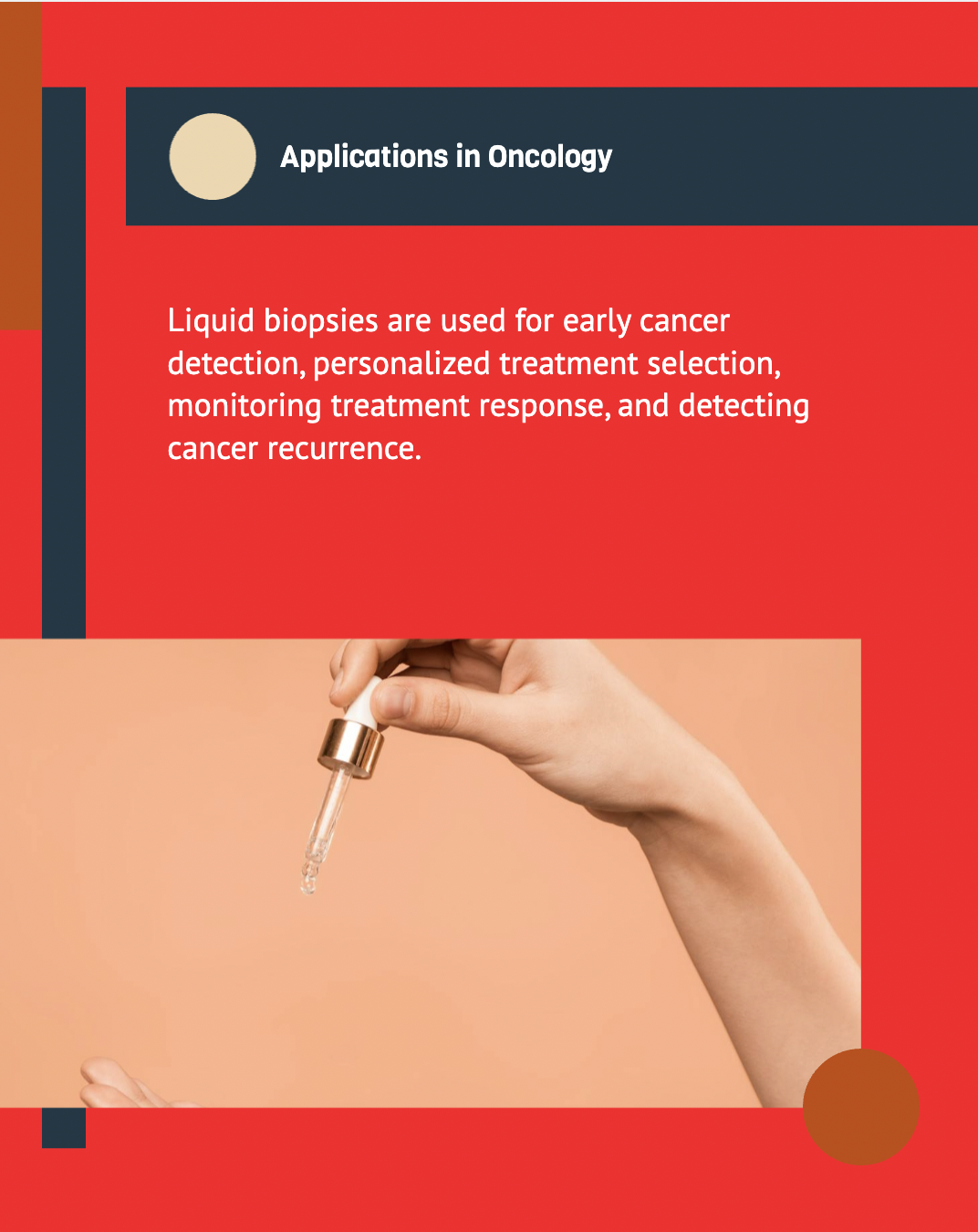
1. Early Cancer Detection
Detecting cancer at an early stage is one of the biggest challenges in oncology. Liquid biopsies are being developed to screen for multiple cancers simultaneously, increasing the chances of early intervention.
2. Personalized Treatment Decisions
By analyzing tumor-specific mutations, liquid biopsies help doctors select targeted therapies that are most effective for each patient.
3. Monitoring Treatment Response
Traditional imaging scans may take weeks to show tumor shrinkage. Liquid biopsies can detect changes at the molecular level, helping oncologists determine if a treatment is working or if adjustments are needed.
4. Detecting Minimal Residual Disease (MRD) and Recurrence
After treatment, liquid biopsies can detect tiny amounts of ctDNA, indicating whether cancer is still present or has returned before it appears on scans.
5. Understanding Tumor Evolution and Resistance
Cancer adapts to treatments, often leading to drug resistance. Liquid biopsies provide real-time genetic updates, helping doctors switch treatments before resistance develops.
| CANCER TYPE | LIQUID BIOPSY UTILITY |
|---|---|
| LUNG CANCER | Detects EGFR mutations, tracks resistance to targeted therapies |
| BREAST CANCER | Identifies HER2 and PIK3CA mutations, monitors disease progression. |
| COLORECTAL CANCER | Detects KRAS mutations, guides targeted therapy decisions. |
| PROSTATE CANCER | Monitors androgen receptor mutations linked to treatment resistance. |
| PANCREATIC CANCER | Early detection through ctDNA and exosomal RNA analysis. |
Sensitivity and False Negatives
Standardization and Regulatory Hurdles
Cost and Accessibility
Need for Further Validation
The field of liquid biopsies is rapidly evolving, with research focusing on:
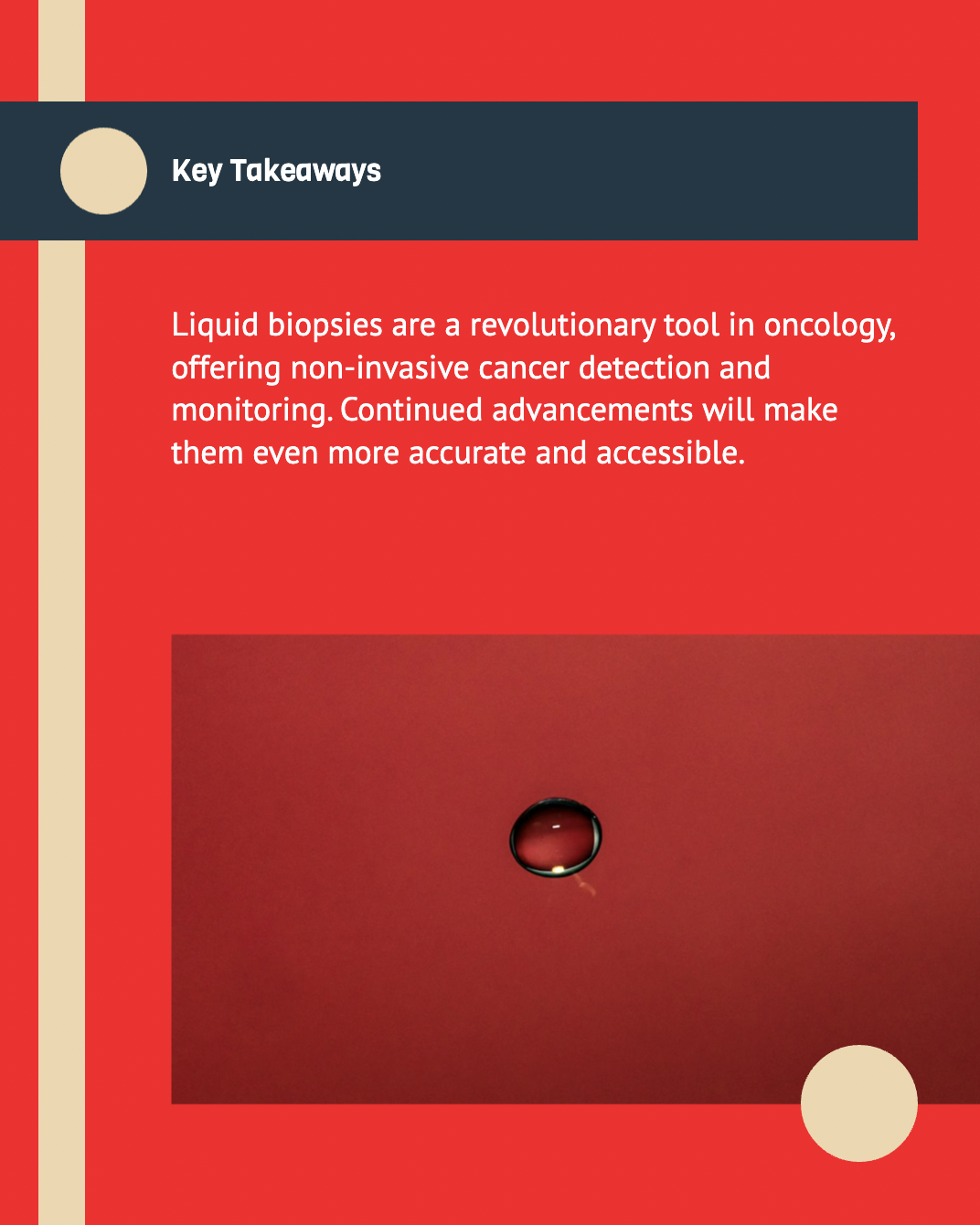
Liquid biopsies are poised to revolutionize oncology, providing a non-invasive, fast, and effective way to detect and monitor cancer. While challenges remain, continued advancements in technology and research are making liquid biopsies more accurate and accessible. As these tests become widely adopted, they will save lives by enabling earlier detection, personalized treatments, and improved patient outcomes.
Liquid biopsies are highly sensitive, but their accuracy depends on the tumor type, size, and the amount of ctDNA present in the blood.
Not yet. While liquid biopsies provide valuable insights, they are currently used alongside traditional biopsies, not as a complete replacement.
Liquid biopsy results are usually available within a few days to a week, much faster than traditional biopsies.
Coverage varies by country and insurance provider. Some tests are covered for advanced-stage cancers, but early detection tests are still gaining approval.
Patients with hard-to-reach tumors, those needing frequent monitoring, or individuals at high risk of cancer benefit the most from liquid biopsies.
 24.02.2025
24.02.2025